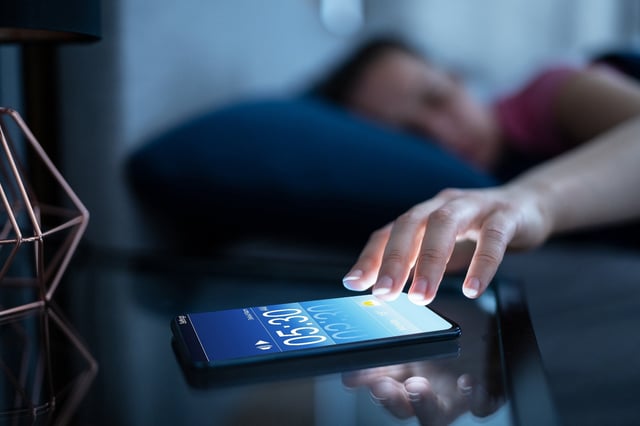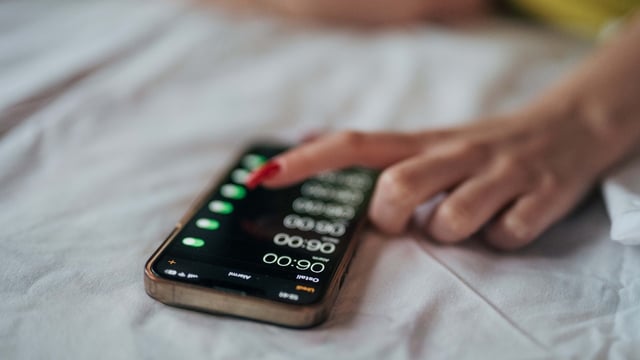Overview
- A global analysis of over 3 million sleep sessions reveals that 56% of sleepers use the snooze function, delaying wake-up by an average of 11 minutes.
- Heavy snooze users, who snooze on more than 80% of mornings, spend about 20 minutes each day between alarms and exhibit more erratic sleep schedules.
- Snooze alarms interrupt vital REM sleep, which is crucial for memory consolidation, emotional processing, and overall health, leaving users feeling groggier.
- Snoozing peaks during weekdays, with the highest rates observed in the U.S., Sweden, and Germany, and the lowest in Japan and Australia.
- Sleep experts recommend setting alarms for the latest necessary wake time and avoiding the snooze button to maintain consistent, restorative sleep.


